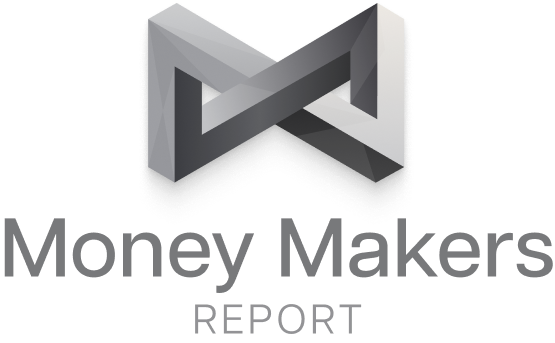Indonesia and Australia’s taxation authorities on Monday signed a pact in Jakarta to establish a crypto information-sharing arrangement.
The purpose of this agreement, announced Tuesday, is to improve identifying assets potentially subject to taxation in either nation. It is also meant to facilitate a more efficient exchange of crypto-related data and information between the tax authorities. Further, it addresses adherence to tax responsibilities.
According to Mekar Satria Utama, a director at the Indonesian Directorate General of Taxes (DGT), the MoU underscores the importance of innovation and collaboration amongst tax authorities. This approach is crucial to keep pace with the rapid advancements in the global landscape of financial technologies, he added.
“While crypto assets are relatively new, the need to ensure equitable taxation remains essential to promote economic growth and provide revenue for crucial public investments in areas like infrastructure, education and healthcare,” Utama said.
ATO-DGT Collaboration Sets New Standards
A history of collaboration exists between the Australian Taxation Office (ATO) and the Indonesian DGT. This partnership has included various DGT priorities. It includes aspects like the digitization of taxpayer services through the introduction of a virtual tax assistant.
Additionally, the two entities have worked together on the implementation of value-added tax (VAT) for digital goods and services.
Regulations and Information Sharing Take Center Stage
Indonesia has been proactively formulating regulations for the crypto sector. It has also fostered collaborations with foreign countries and international entities to craft a strong crypto framework.
Spearheading these initiatives is Indonesia’s Financial Services Authority (OJK), which has been collaborating with financial regulators in Malaysia, Singapore, and Dubai to lay down a solid groundwork for crypto policy.
Per a recent regulation, crypto firms intending to operate in Indonesia must undergo assessment within a regulatory sandbox before obtaining licensing, effective from Jan. 2025. This regulatory adjustment coincides with the transition of oversight of the crypto sector to the Financial Services Authority (OJK).
Entities providing cryptocurrency services in Indonesia without undergoing sandbox assessment will be considered to be operating unlawfully.
Meanwhile, Australia is among numerous countries engaged in cooperation with the Organisation for Economic Co-operation and Development (OECD) to develop a framework for the automatic exchange of information regarding crypto-assets, known as the Crypto-Asset Reporting Framework (CARF).
The objective is to establish a uniform method for taxing cryptocurrencies globally. Although not specifically a bilateral tax treaty, this collaboration seeks to enhance tax transparency and mitigate tax evasion concerning crypto profits.
The post Indonesia, Australia Authorities Ink Crypto Taxation Deal appeared first on Cryptonews.

